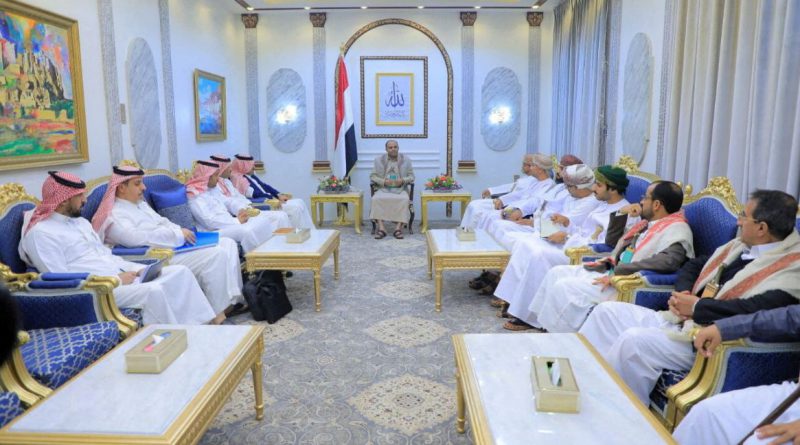Houthi official says Yemen peace talks made progress, further rounds planned
Riyadh/Aden (Reuters) – The top negotiator of Yemen’s Houthi movement said peace talks with Saudi Arabia had made progress and further discussions would be held to iron out remaining differences.
In a significant confidence-building measure, the conclusion of talks in the Yemeni capital Sanaa was followed by an announcement on Friday from the International Committee of the Red Cross that the warring parties had begun an exchange of nearly 900 detainees.
Saudi Arabia, which leads a coalition that has been battling the Iranian-aligned Houthis since 2015, is seeking a permanent ceasefire deal to end its military involvement in a war that has killed tens of thousands of people and left millions hungry.
Houthi chief negotiator Mohammed Abdulsalam said on Friday the negotiations with envoys from Saudi Arabia and Oman, which is facilitating the talks, had been “serious and positive”.
“There was advancement on some issues with the hope of continuing studying outstanding issues at another time,” he said in a Twitter post, without elaborating.
The visit by the Saudi delegation, which departed Sanaa on Thursday according to two Yemeni sources, signalled movement to build on an expired U.N.-brokered truce and followed last month’s deal between Saudi Arabia and Iran to restore ties.
Sources have told Reuters that the Saudi-Houthi talks were focused on a ceasefire, full reopening of Houthi-controlled ports and Sanaa airport, payment of public sector wages, rebuilding efforts, and withdrawal of foreign forces from Yemen.
Sticking Points
Two Yemeni sources, also speaking on condition of anonymity, said the parties could agree on an extended truce deal as they work out remaining differences.
The main sticking points include payment of civil servant salaries – which the Houthis have insisted include armed forces – using oil revenue and a timeline for foreign forces to exit the country, three sources familiar with the negotiations said.
The conflict, in which the coalition intervened against the Houthis after they ousted the Saudi-backed government from Sanaa in late 2014, is a multifaceted one with several Yemeni factions vying for influence.
The Houthis are de facto authorities in northern Yemen. The internationally recognised government is represented by the Political Leadership Council (PLC), which was formed under Saudi auspices last year and took over power from Yemen’s president-in-exile.
The United Nations and the PLC are not directly part of the Saudi-Houthi talks. The PLC was created to solidify the anti-Houthi bloc but has been beset by differences among Yemeni factions.
The Southern Transitional Council (STC), a southern separatist group that is part of the anti-Houthi alliance and the PLC, told Reuters it supported these peace initiatives but would not accept certain conditions.
These include oil revenue sharing between the north and south, the merging of the two central bank branches or the use of southern resources to pay salaries, STC official Amr Al Bidh said on Tuesday.
The conflict is widely seen as one of several proxy wars between Saudi Arabia and Iran, the region’s Sunni Muslim and Shi’ite powers.
They have agreed to restore diplomatic ties severed in 2016 as Riyadh moves to manage regional tensions and to focus on economic priorities.



